Top 20 Interesting Facts about Hollywood
Hollywood, the world’s entertainment epicenter, has enchanted audiences for over a century with its glitz, glamour, and cinematic magic. Beyond the silver screen, this iconic district in Los Angeles holds a treasure trove of intriguing stories and historical significance.
List of 20 fascinating facts about Hollywood
Birth of Hollywood (1886)
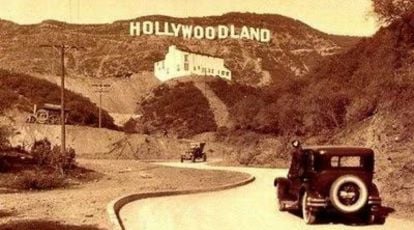
Hollywood’s journey began in 1886 when H.J. Whitley, a land developer, transformed a ranch into a community. The name “Hollywood” is believed to have originated from the holly-like plants that covered the area.
First Movie Studio (1911)
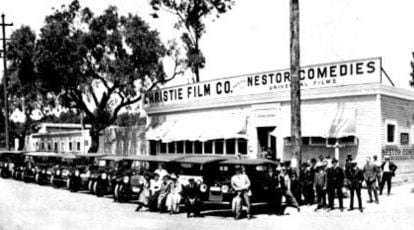
Nestor Studios, established in 1911, became the first movie studio in Hollywood. This marked the beginning of Hollywood’s ascent as the heart of the film industry.
The Hollywood Sign (1923)
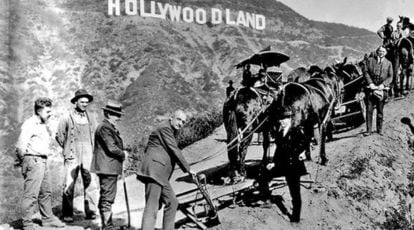
Originally reading “Hollywoodland,” the iconic Hollywood sign was erected in 1923 as an advertisement for a real estate development. Over the years, it became synonymous with the entertainment industry.
The Walk of Fame (1960)
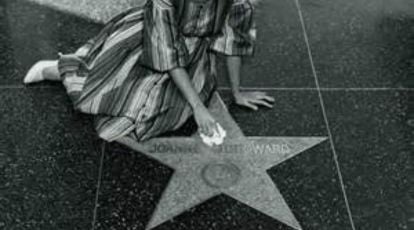
In 1960, the Hollywood Walk of Fame was inaugurated, featuring stars embedded in the sidewalk to honor significant contributors to the entertainment industry, from actors to musicians and directors.
The First Academy Awards (1929)
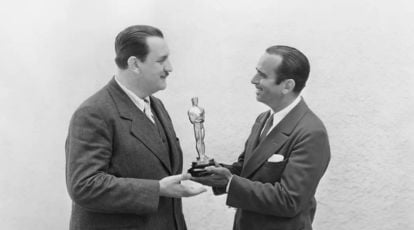
The inaugural Academy Awards, or Oscars, were held at the Hollywood Roosevelt Hotel in 1929. The ceremony has since become the most prestigious event in the film industry.
Hollywood’s Silent Film Era (1920s)
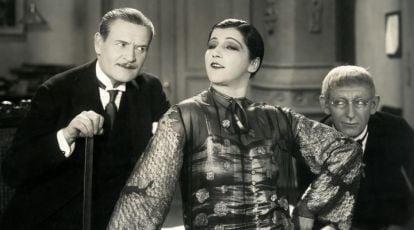
Hollywood played a pivotal role in the silent film era, producing classics like “The Birth of a Nation” (1915) and “The Jazz Singer” (1927), which marked the transition to sound.
The Hollywood Blacklist (1947-1960)
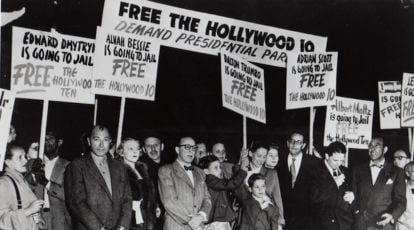
During the Red Scare, Hollywood was marred by the blacklist, a period when alleged communist sympathizers were barred from working in the industry. Many careers were ruined, impacting the creative landscape.
Marilyn Monroe’s Star Power (1950s)
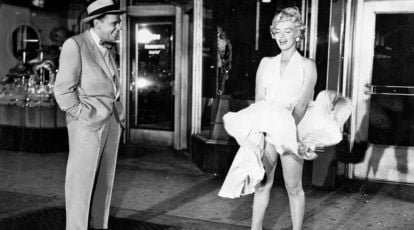
Marilyn Monroe, an icon of glamour and sensuality, rose to stardom in the 1950s. Her image became synonymous with Hollywood’s allure and fascination.
The Hollywood Studio System (1930s-1950s)
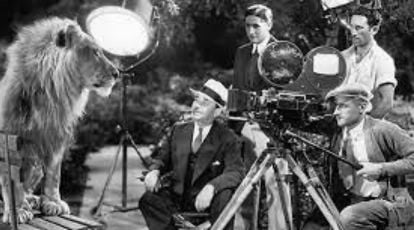
Hollywood’s golden age was characterized by the studio system, where major studios controlled every aspect of filmmaking, from production to distribution.
Star Wars and the Blockbuster Era (1977)
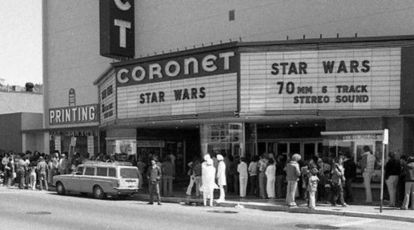
The release of “Star Wars” in 1977 revolutionized the film industry, ushering in the era of blockbusters and changing the way movies were made and marketed.
The Chinese Theatre (1927)
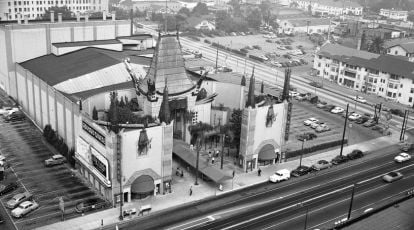
Grauman’s Chinese Theatre, now TCL Chinese Theatre, opened in 1927 and became a symbol of Hollywood’s grandeur. The forecourt features celebrity handprints, footprints, and autographs.
Hollywood’s Science Fiction Influence (1950s-1960s)
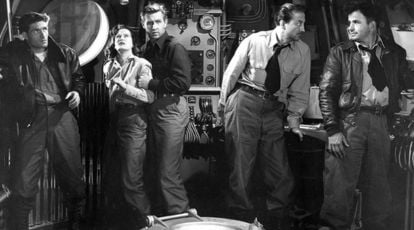
The 1950s and 1960s saw Hollywood embrace science fiction with classics like “The Day the Earth Stood Still” (1951) and “2001: A Space Odyssey” (1968).
The Hollywood Museum (1985)

Housed in the historic Max Factor Building, the Hollywood Museum showcases the industry’s history, featuring memorabilia, costumes, and artifacts from iconic films.
The Hollywood Sign Preservation (1978)
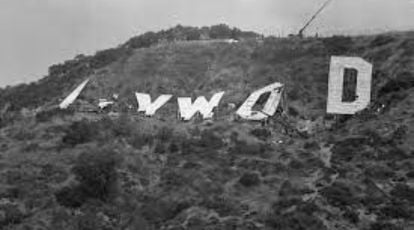
In 1978, a public campaign led to the restoration of the deteriorating Hollywood sign, transforming it into the iconic symbol we recognize today.
Hollywood’s Digital Revolution (2000s)

The 21st century brought a digital revolution to Hollywood, impacting filmmaking, distribution, and even the way audiences experience movies.
The Hollywood Bowl (1922)
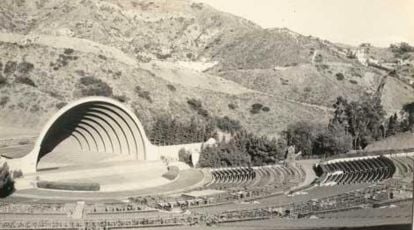
The Hollywood Bowl, an iconic outdoor amphitheater, has hosted legendary performances since 1922, making it a cultural hotspot for music enthusiasts.
The Hollywood Foreign Press Association (1943)

The Golden Globe Awards, organized by the Hollywood Foreign Press Association since 1943, celebrate excellence in both film and television.
The Birth of Television (1950s)
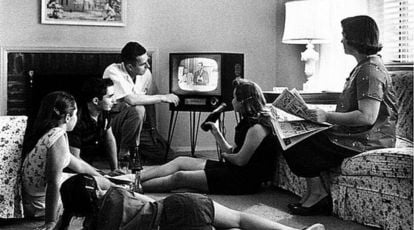
Hollywood played a crucial role in the early days of television, with many film actors making the transition to the small screen.
Hollywood and Diversity (21st Century)

Hollywood has faced scrutiny for its lack of diversity. In recent years, there has been a growing emphasis on representation and inclusivity in casting and storytelling.
Hollywood’s Global Influence (Present)

Hollywood’s influence extends far beyond American borders, with its movies and TV shows shaping global pop culture and influencing entertainment industries worldwide.
Conclusion
Hollywood’s history is a captivating tapestry woven with tales of triumph, innovation, controversy, and cultural impact. As we navigate the ever-evolving landscape of the entertainment industry, Hollywood remains a beacon of creativity and aspiration, continually reinventing itself while preserving the timeless magic that has made it a symbol of dreams and stardom for over a century.
Click here for more Entertainment News




